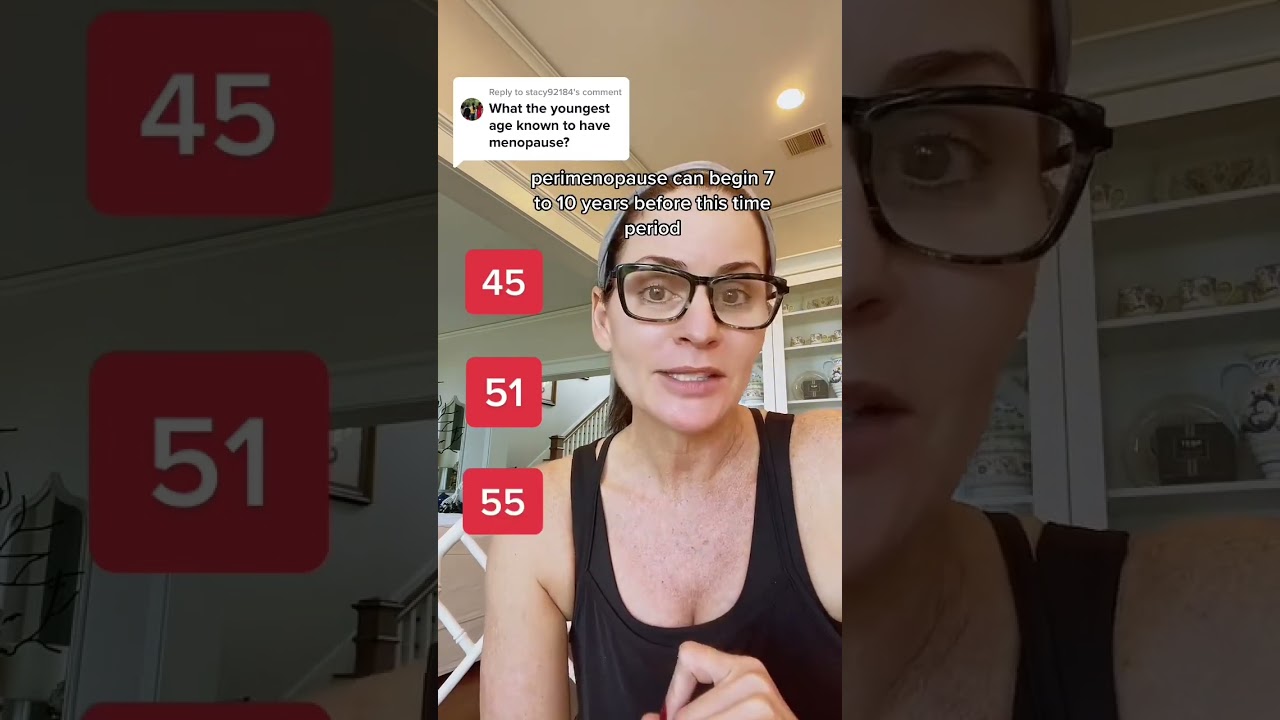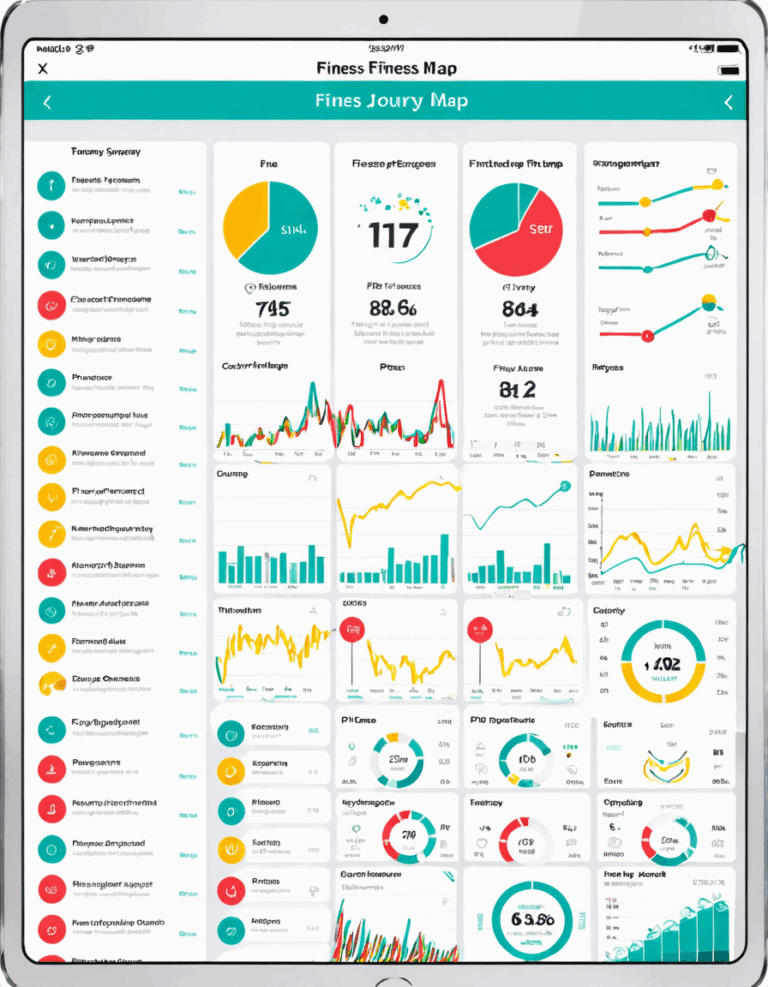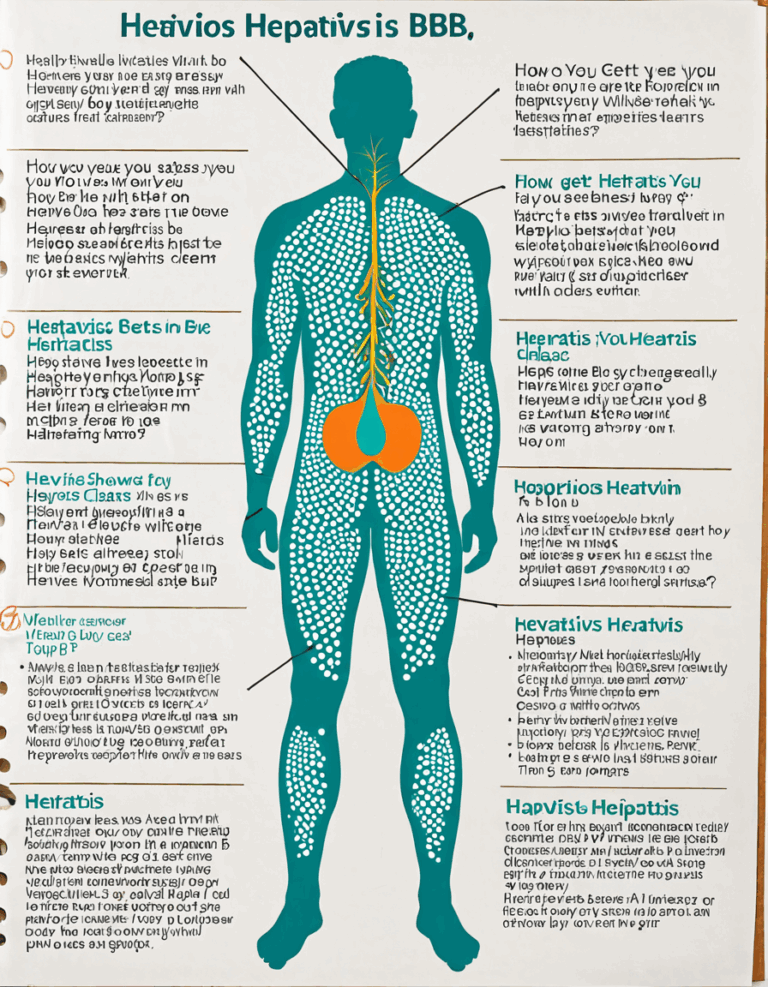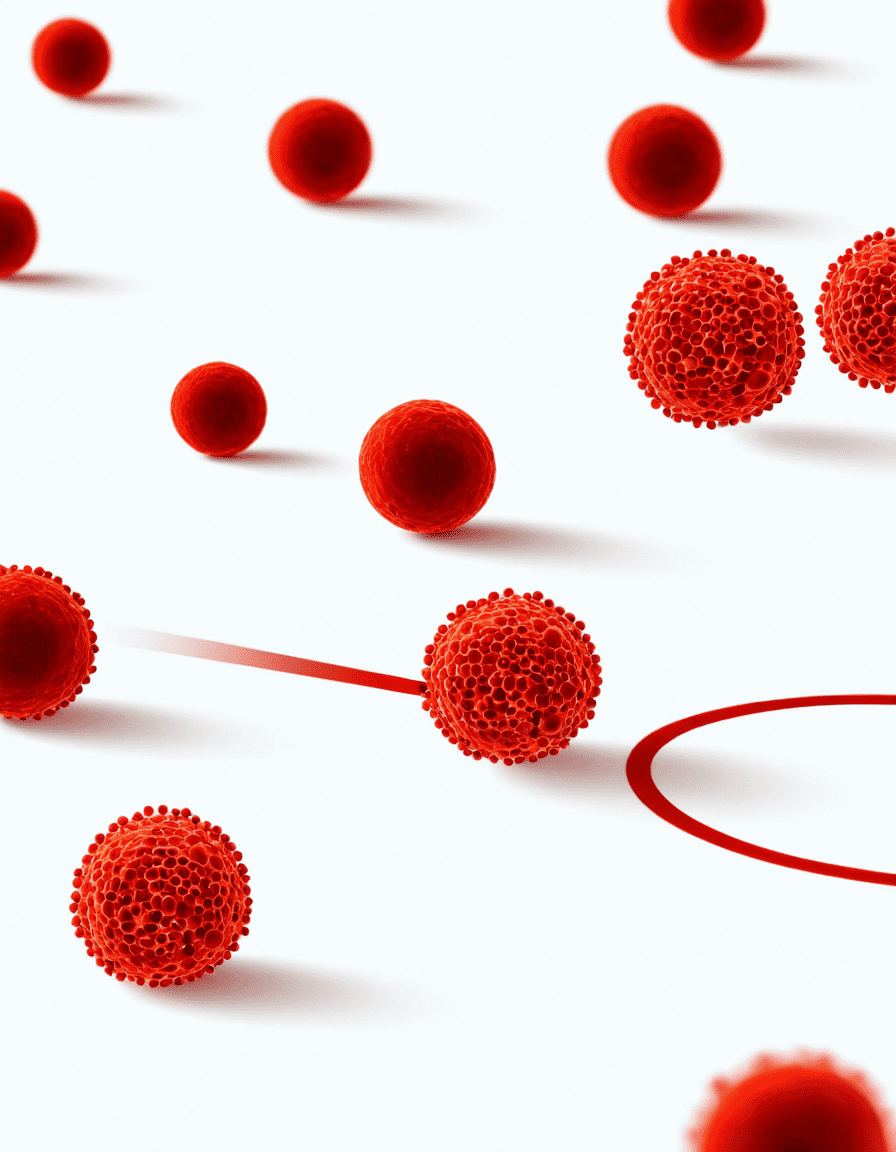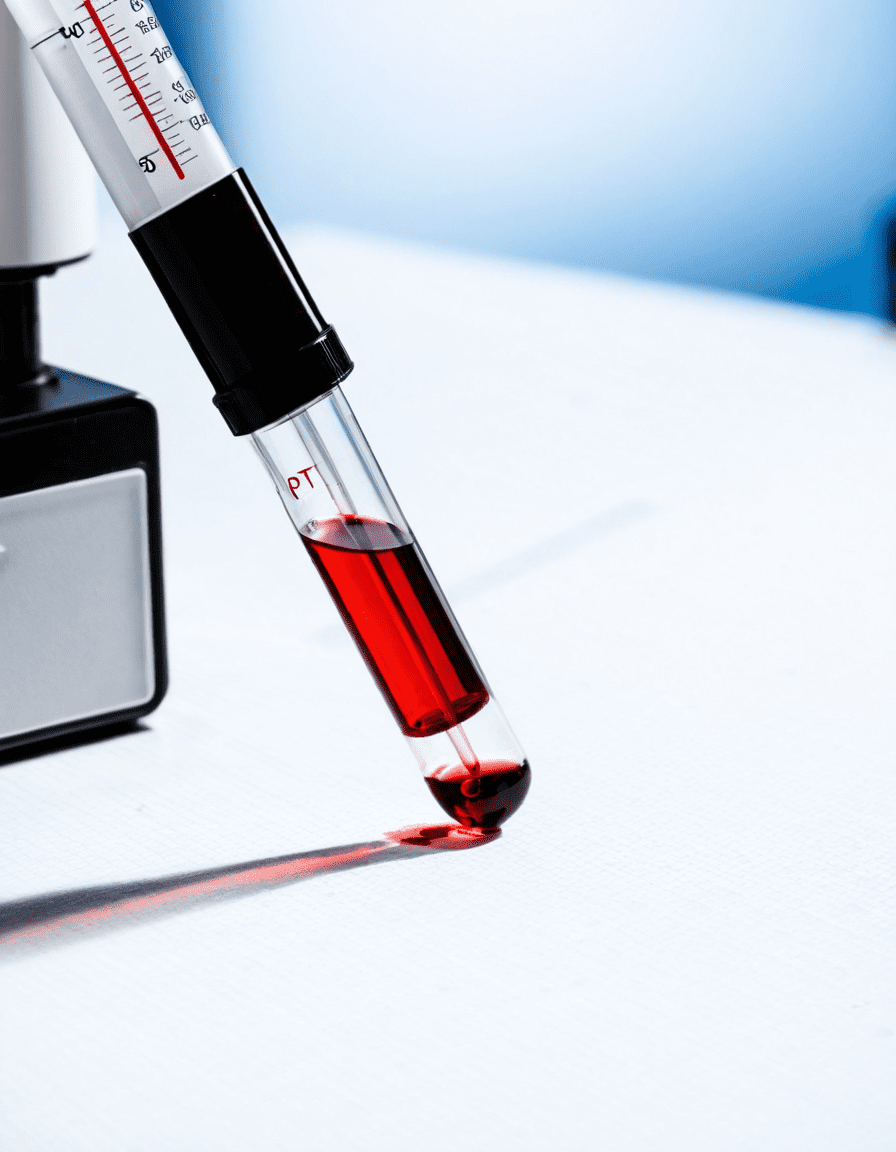Understanding the average age of menopause is crucial as it plays a significant role in women’s health. Generally, menopause hits between the ages of 45 to 55, but it’s more than just the end of menstrual cycles. It brings on a rollercoaster of physical and emotional changes that no one talks about enough! According to the North American Menopause Society, there’s been some fluctuation in this average age, thanks to factors like genetics, lifestyle, and existing health conditions. It’s vital to shed light on this often-overlooked topic, empowering women as they transition into this new chapter of life.
Getting shredded or building muscle isn’t just for men; women want strength, too. So knowing what happens during menopause can help women take charge of their health and bodies. The right information can turn the daunting journey into a victorious one. So let’s dive deep, uncovering the signs, understanding the health implications, and exploring how a healthy lifestyle can truly enhance this stage for women.

Understanding the Average Age of Menopause
When we talk about the average age of menopause, we’re looking at a transition that goes beyond the physical aspect. It symbolizes a shift in a woman’s life, often accompanied by a range of emotional ups and downs. For many, it’s the beginning of newfound freedom. But, on the flip side, hormonal fluctuations can lead to challenges like weight gain, mood swings, and even sleep disturbances.
Changes in reproductive hormones can significantly impact physical health and emotional well-being. Many women feel unprepared for what’s to come, but knowledge is power! With the right preparation and awareness, they can tackle challenges head-on, ensuring they’re not just surviving but thriving well into their golden years.
As the average age of menopause continues to shift, staying informed is crucial. With discussions around female health becoming bolder and more prevalent, women today have access to resources that weren’t as available in the past.

Top 7 Signs of Menopause: Recognizing What to Expect
Be on the lookout for these top 7 signs of menopause—they’re your roadmap to understanding what your body may go through. Think of it as gearing up for a new workout instead of heading to the gym blindly; knowledge is half the battle!
Understanding these signs helps women anticipate changes, ensuring they’re equipped to maintain their fitness journey and keep their bodies in fighting shape—just like preparing for that next big competition!
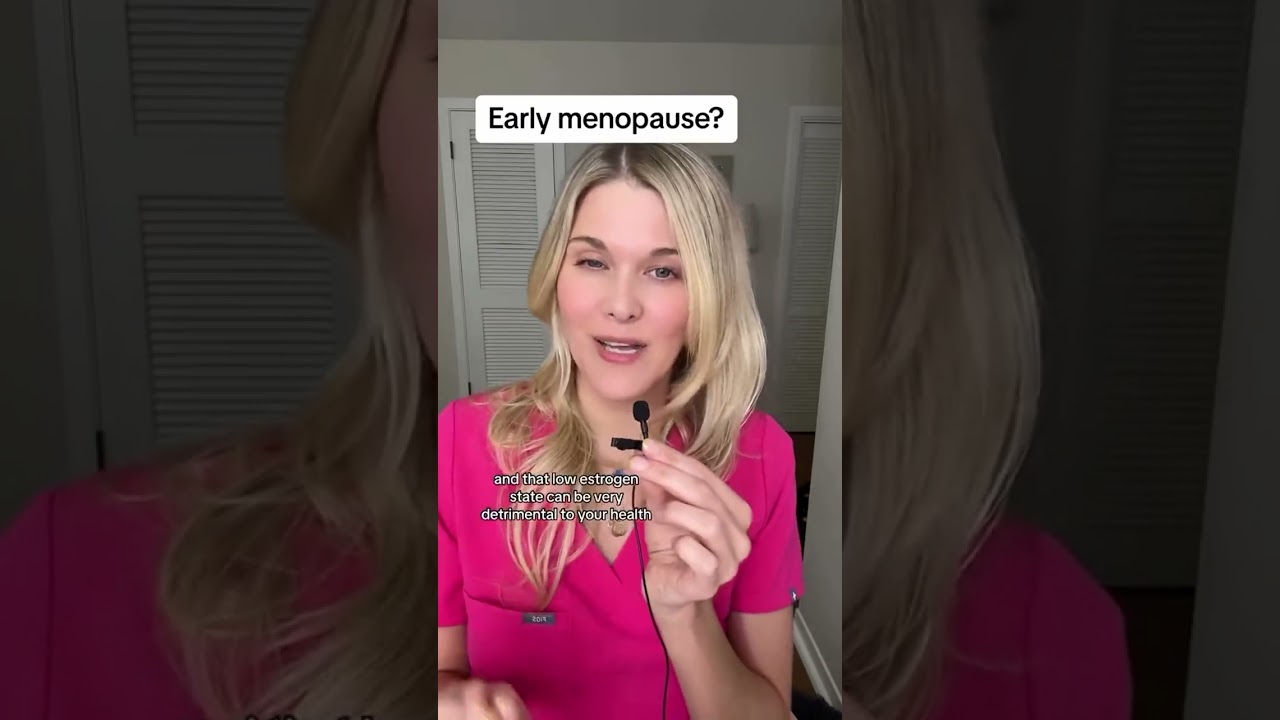
Health Implications: Signs of a Stroke in Women and Other Conditions
Menopause isn’t just a biological shift; it’s also a time when health risks can increase. Women face a higher risk for conditions like heart disease and diabetes as estrogen levels drop. Let’s dive into the potential health implications, focusing on the signs of a stroke in women, diabetes, and other critical health concerns.
1. Signs of a Stroke in Women
Be aware, ladies! Stroke symptoms can differ from those in men. Look out for:
– Sudden headache with no known cause
– Changes in vision or speech patterns
– Weakness in one leg or arm on one side
Recognizing these signs might just save your life. Women are statistically at a higher risk for strokes as they age, especially during and after menopause!
2. Signs of Diabetes in Women
Many post-menopausal women become susceptible to diabetes. Key indicators include:
– Increased thirst and hunger
– Frequent urination
– Unusual fatigue
Being attentive to these symptoms can help skip the road to serious complications!
3. 19 Signs of Thyroid Problems
With hormonal changes pounding on the thyroid, it’s essential to monitor:
– Unexplained weight gain or loss
– Extreme fatigue
– Brittle hair or nails
Tracking these signs can lead to timely interventions. Remember, a proactive approach is key to a strong future!
4. Signs of Heart Attack in Women
Heart health is paramount. During menopause, risk factors for cardiovascular disease can spike. Look for:
– Unrelenting fatigue, nausea, and shortness of breath
– Unusual pain in the arms, neck, back, or jaw
Understanding and recognizing these warnings allows women to seek help before it’s too late.

The Role of Lifestyle Changes
Investing in a healthier lifestyle during menopause can significantly lessen its adverse effects. Regular exercise, a balanced diet, and good stress management are essential. That’s right—this isn’t just about lifting weights or trying the newest low calorie Starbucks Drinks; it’s about carving a comprehensive health strategy ahead of time!
Promote bone health by increasing calcium and vitamin D intake. Engage in resistance training or aerobic activities to get that heart pumping and muscle growing. Incorporating floss Picks as a simple oral health method also contributes to overall wellness—never underestimate those little things!
Emphasizing Preventative Care
Post-menopause, regular health check-ups become vital. Don’t wait until you notice symptoms; chat with your healthcare team about family health history and risk factors. Tailoring healthcare conversations can lead to early detection of heart disease or diabetes and lead to better outcomes.
Innovative Wrap-Up: The Future of Menopause Awareness
The conversations around menopause are advancing. Women are now empowered to seek knowledge, pushing aside the hush-hush culture that too long surrounded it. Greater awareness leads to educated decisions about health and wellness. It’s not just about surviving menopause; it’s about thriving during and after it!
Understanding the average age of menopause, recognizing signs, staying well-informed about potential health issues, and implementing healthy lifestyle choices is essential for women aiming to redefine their journey through aging. Remember, the goal is to not just look good but feel powerful! The more we talk about it, the more we empower everyone to embrace this transformative period in life.
So gear up, ladies! Your body is a powerhouse. Equip yourself with knowledge, stay active, and never hesitate to reach out to your healthcare provider. Onward and upward—let’s take control of our health together!
Average Age of Menopause: Fun Trivia and Interesting Facts
Understanding the Average Age of Menopause
Did you know the average age of menopause hovers around 51 years? However, it can vary widely, with some women reaching this milestone as early as their 30s and others well into their 60s. It’s a significant transition in a woman’s life, often bringing along various Symptoms, much like how Chs Symptoms() can crop up unexpectedly in some individuals. What’s even wilder is that genetics play a huge role in timing; if your mother experienced menopause early, there’s a good chance you will too. It’s a bit like shoes—you might find yourself wearing your mom’s old favorites, but do you ever wonder if can men wear Women ‘s shoes?(?)
Beyond the Numbers: A Closer Look
The average age of menopause isn’t just about counting years; it can also be influenced by lifestyle factors. For instance, smokers often experience menopause earlier than non-smokers. This early onset can exacerbate() the symptoms too, which can include hot flashes and mood swings—definitely not a walk in the park. There’s also a phenomenon where women may experience perimenopause—a period of hormonal changes—before the actual transition, which can start as early as their mid-30s. Talk about a head start! Interestingly, some believe that staying active and healthy can lead to a smoother transition, much like how a good film can thrive in a positive atmosphere, similar to the atmosphere at a Harkins Cinema.(.)
Fun Facts to Remember
A quirky takeaway? Women in certain cultures might experience menopause later than their peers in Western countries. It’s thought that lifestyle, diet, and even environmental factors might have a say in this timing. And speaking of terms, have you ever come across the term douche meaning?(?) Surprisingly, many women used to believe douching would help alleviate symptoms, although it’s now discouraged for various health reasons. Finally, here’s a fun twist: despite menopause being seen as a daunting phase, many women report newfound freedom and empowerment after the transition. It’s a refreshing perspective as they step into a new chapter of life, much like how a “fluke” can bring unexpected joy when you least expect it—check out the fluke meaning() for more on that!
